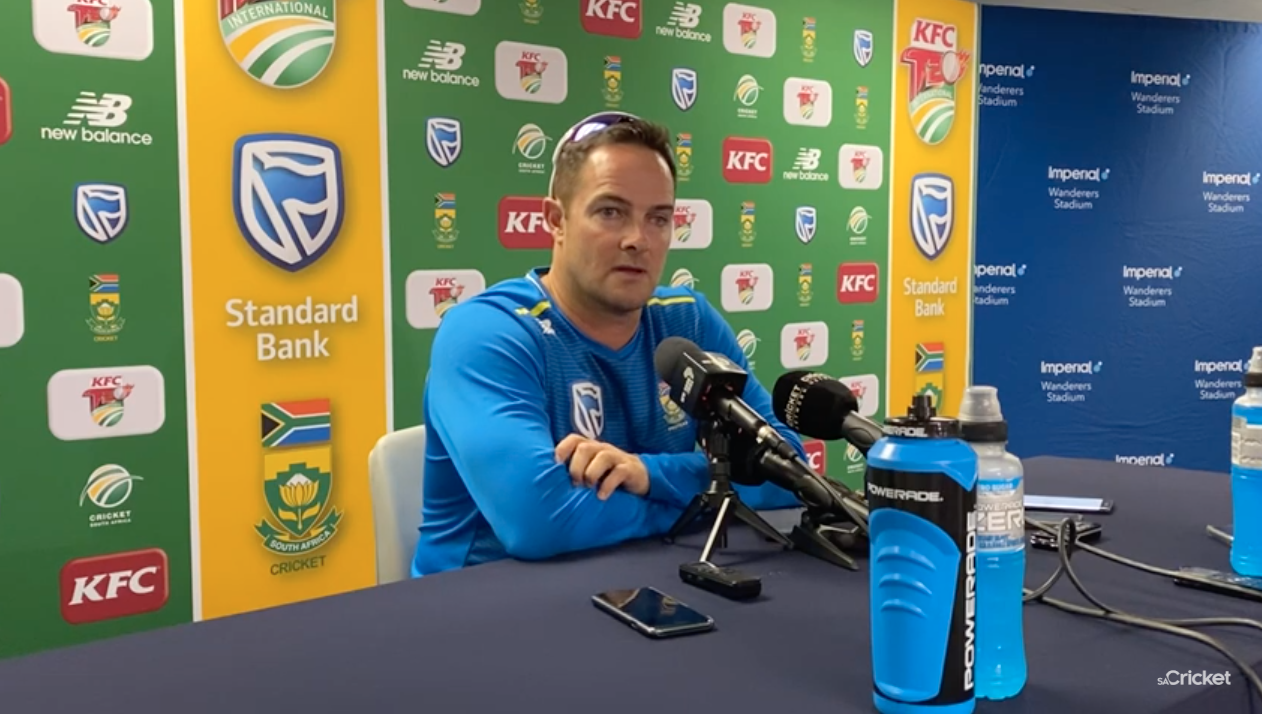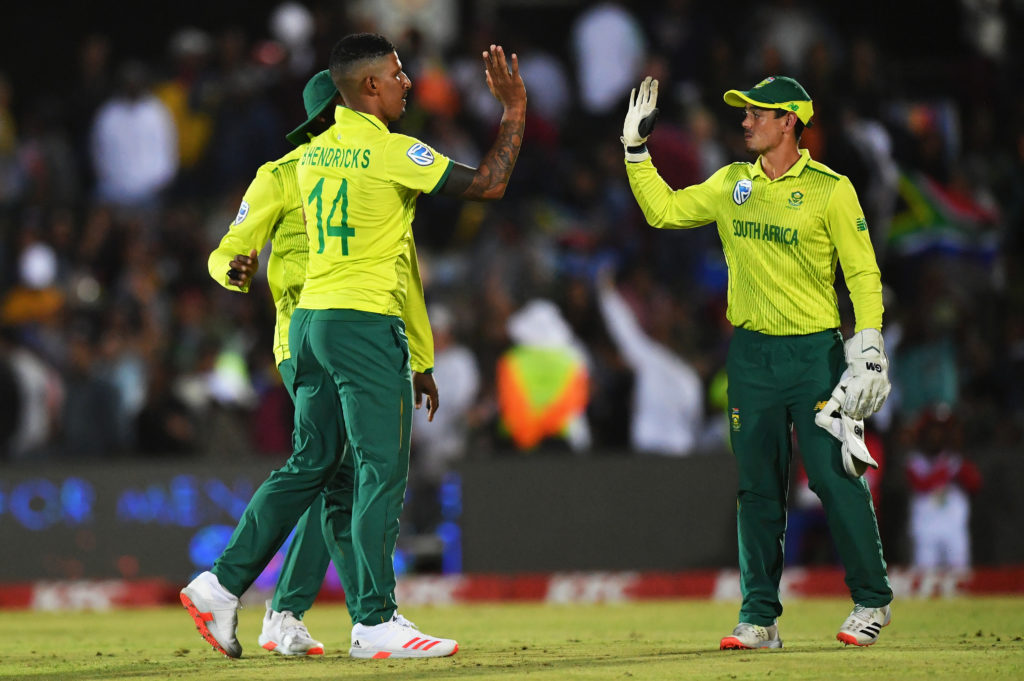The Proteas’ home summer has not brought the kind of results supporters might have hoped for, but it has offered great preparation for the T20 World Cup.
Against England, South Africa were consistently competitive, albeit far from perfect with bat or ball. The series loss aside, Quinton de Kock’s charges would have learned a lot about their opponents and also themselves.
England were clear pre-series favourites with Jos Buttler and Ben Stokes returning to bolster the Three Lions, but a young Proteas outfit held their own against a formidable opponent.
One of the biggest lessons for the Proteas was that they need to trust in their skills. A side lacking in confidence after a dreadful 2019 would have taken a lot from running the English close, and it showed that this team doesn’t have the skills deficit many believe they suffer from.
The Proteas also learned the value of resilience, particularly in the abbreviated format. Against Australia at the Wanderers, the Proteas crumbled, but at St George’s Park, lessons were applied. The batsmen didn’t have it easy, and the score they posted wasn’t the most imposing, but they applied themselves with the ball and took the game deep and won.
As the shortest format, T20 cricket often comes down to the final two overs of the match, provided one of the sides hasn’t fallen off a cliff along the way. While there are marked similarities between a lot of T20 games, no chase or defence is ever precisely the same. That the Proteas have been involved in a lot of tight matches in the format this summer will stand them in good stead.

Mark Boucher and De Kock now have a better idea of who the men are who can be relied upon to come through in those key moments, even if there haven’t been significant additions to the trophy cabinet.
The Proteas also appear to have a better grasp of how to structure their play. This is evident in the way they have sought to prioritise scoring in the powerplay, although their efforts were hamstrung by some batsmen taking a bit too long to settle against the new ball.
As a fielding side, they are learning that you need to be flexible and adapt to conditions and match situations on the fly. To achieve these ends, they have deployed a variety of bowlers. Some have flourished while others have flopped, but it is all part of the process of building a T20 machine.
Australia and England have proven ideal opponents for these experiments, even if they have at times been too strong for the transitioning Proteas. Barring perhaps India, no other international team would have given South Africa the excellent T20 World Cup preparation they have enjoyed this summer.
Photo: Gallo Images







